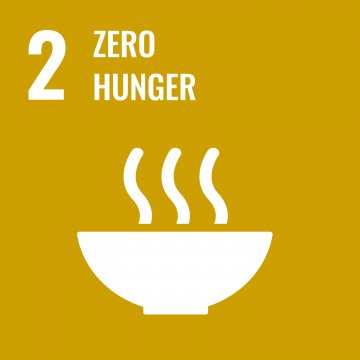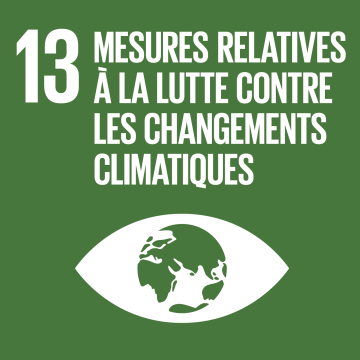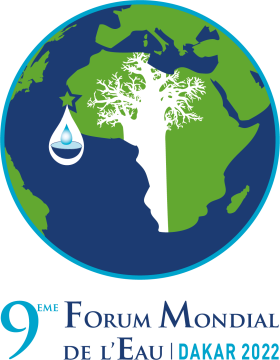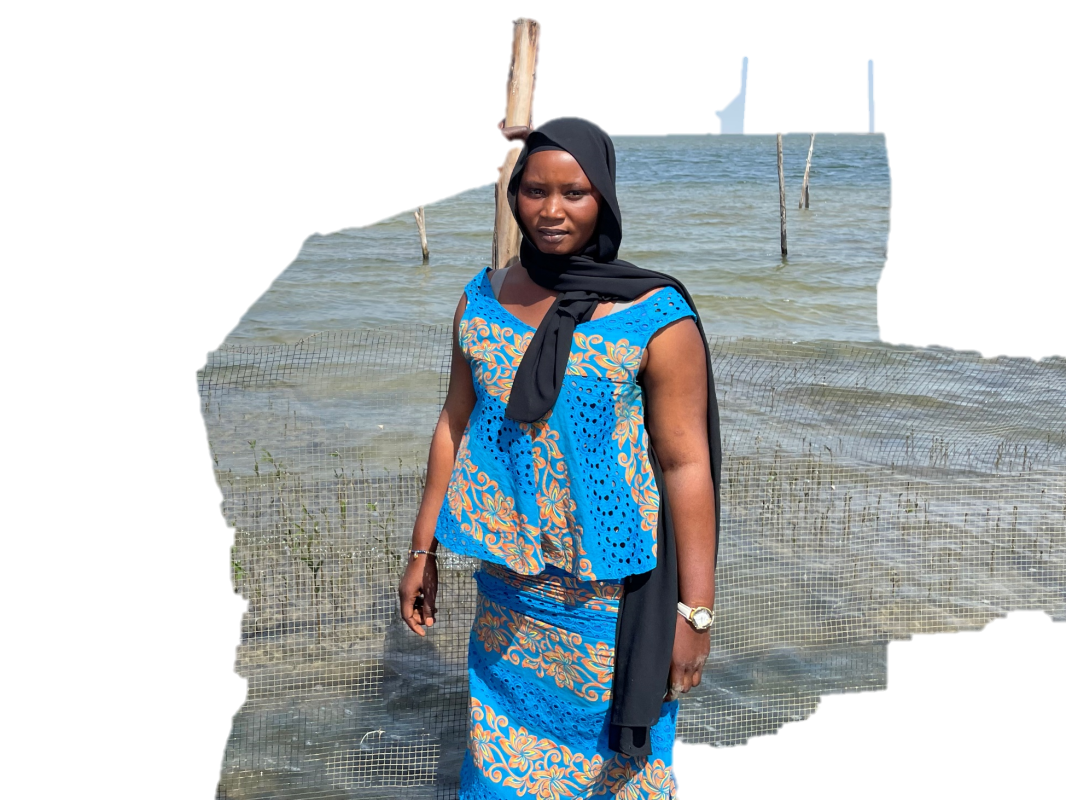La forêt de la mer - A kop ale no maag ole
In the Sine Saloum, the advance of salty land is one of the main causes of the retreat of mangroves and plant cover, land degradation and contamination of aquifers, which form the basis of the ecosystem and the biodiversity (fauna, flora) that inhabits it. IRHA, Océanium and APAF Senegal are combining their efforts and expertise to provide an effective response to these challenges.


Audemars Piguet Foundation
Beneficiaries
1'144 Direct
Members of Village Agroforestry Committees
Members of Village Mangroves Committees
Agroforestry Technical Advisors
10'374 Indirect
Population of the intervention villages, Djilasse Community:
Total cost
CHF 316,000
Duration
2021-2024 (24 months)

Mangroves, at the forefront of the fight against erosion and salinisation of the land
Firstly, mangroves represent a central link in the ecosystemic and socio-economic balance, both along the estuary and in the hinterland. A niche of irreplaceable biodiversity and resources, a barrier against coastal erosion, salinisation of land and aquifers, and a veritable carbon sink, mangroves provide unequalled and internationally recognised ecosystem services. Restoring mangroves will enable the natural protective barrier in the estuary to be reconstituted, in order to limit the phenomenon of salinisation in the hinterland, which is causing a whole series of environmental and socio-economic problems due to the degradation of production tools such as soils and aquifers.
Strengthening ecosystem services
Through a combination of rainwater resource management, the reintroduction of agroforestry patches and community capacity-building, we have been able to put an end to this vicious circle. The introduction of agroforestry plots rapidly rectifies the situation by providing a range of ecosystem services that improve household nutrition (re-fertilisation of the land, supply of wood and fodder for energy or livestock, plant cover and market garden production). These agroforestry patches also help to capture rainwater during the winter months, preventing run-off and the loss of arable soil.
This ecosystem-based approach to the problems faced by Sahelian farmers promotes a multi-faceted rebalancing of production conditions, and is accompanied by a rapid and sustainable improvement in nutrition and living conditions for all the beneficiary communities.
